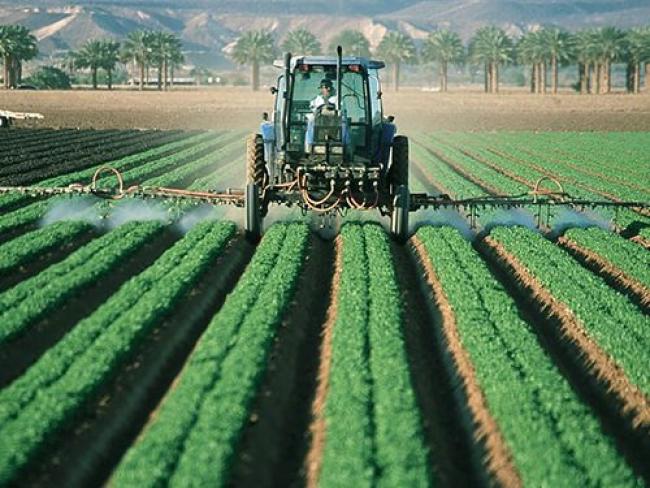Articles Menu

Aug. 11, 2021
Experts are calling for the United States Department of Agriculture (USDA) to standardize and regulate the currently “uncertain” protocols for carbon credit programs.
“There is considerable variation in how these protocols define carbon credits, and there’s an intense debate among scientists and others about which are rigorous and which are, frankly, not trustworthy,” reports Politico.
Carbon credit programs have proven their potential as an incentive for farm carbon sequestration, and are gaining traction as a viable element in climate mitigation strategies. However, public trust in the programs is being undermined by ongoing debate among experts about variations in established protocols—such as the 12 inconsistencies recently revealed in a report [pdf] from the U.S. Environmental Defense Fund (EDF) and the Woodwell Climate Research Center.
“There’s a lot of variation and we need USDA to step into that role,” EDF Director of Agricultural Policy Callie Eideberg told Politico.
The report found variations in how programs define carbon credits, test for soil carbon, and guarantee carbon longevity. Other differences in approach relate to issues such as additionality, leakage, reversals, scale of project implementation, and accounting for greenhouse gases other than carbon dioxide.
“We really want to make sure a tonne of CO2 is a tonne of CO2 is a tonne of CO2,” said lead author Emily Oldfield.
The report also points to a history of discrimination in previous USDA programs and calls for measures to ensure equity in developing carbon programs. To that end, programs should consider the effect credit trading programs can have on marginalized communities. Offset programs, for example, allow high-emitting companies to continue releasing pollutants at the expense of nearby residents.
“Front-line communities, who are more likely to be people of colour and low income, face higher exposure to these pollutants and suffer disproportionate health impacts,” the report explains. So credit programs should be established alongside strong air and water quality regulations.
But it’s not just the harms that must be considered when planning for equity, the report authors stress. “It is essential that the potential financial benefits of carbon crediting programs are available to all communities, especially those who have been historically marginalized and often face barriers to participating in existing markets,” they write.
Aside from disagreement about protocols, there is also debate about how much carbon sequestration can contribute to climate mitigation. Uncertainties about testing accuracy and soil carbon longevity make it difficult to quantify results and potential. In the meantime, “the authors encourage a greater focus on using credits generated from cut or avoided emissions,” reports Politico.
Eideberg, meanwhile, predicts the USDA will not take action on carbon credit regulation until the end of this year, or possibly 2022.
[Top photo: /Pxfuel]